Mir Mohammad


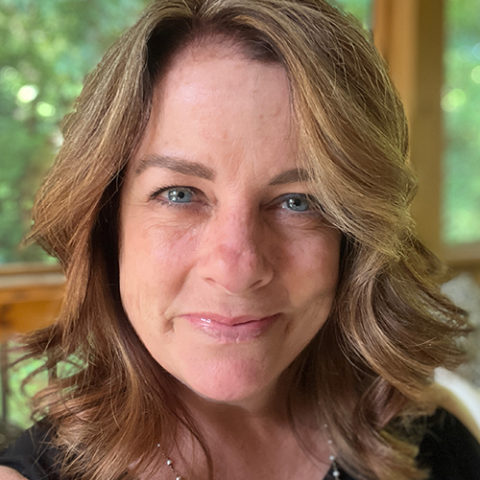
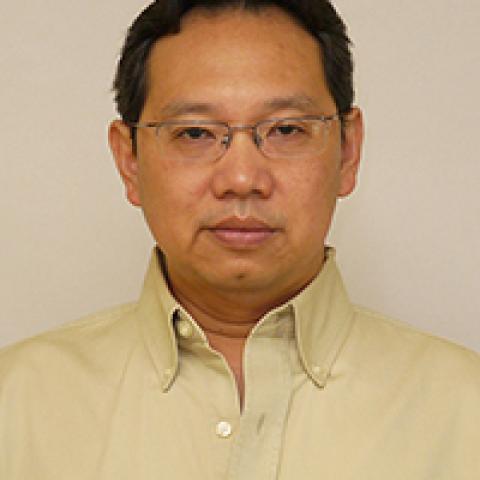
J. Sukarno Mertoguno, Ph.D., and chief innovation officer for the Information and Cyber Sciences Directorate (ICSD) of Georgia Tech Research Institute (GTRI), has assumed a joint appointment as deputy director of the Institute for Information Security & Privacy (IISP) at the Georgia Institute of Technology.
“I’m pleased to have Sukarno join the IISP as deputy director, where he will assist us with implementing interdisciplinary research, student education, and outreach programs that drive market impact in cybersecurity,” said Wenke Lee, executive director of the IISP and professor of computer science in the College of Computing. “In particular, he will initiate joint research interdisciplinary projects involving faculty from multiple academic units and researchers at GTRI, and help facilitate the collaborative relationships between Georgia Tech, the funding agencies and industry.”
This new responsibility aligns well with Sukarno’s expertise in developing innovative cybersecurity solutions at GTRI. Prior to joining GTRI, Sukarno managed basic and applied scientific research in cybersecurity and complex software for the Office of Naval Research (ONR). He was previously a system and chip architect and an entrepreneur in the San Francisco Bay Area. He received his Ph.D. in electrical engineering from SUNY-Binghamton with a focus on system architecture design. He also earned a degree in theoretical physics from the University of Indonesia.
“A visionary innovator, Sukarno has been a champion for collaborative interdisciplinary research that challenges conventional wisdom to discover new knowledge and to develop new technologies,” said Wen Masters, deputy director at GTRI’s Information and Cyber Sciences. “He is uniquely suited for this joint appointment to assist Wenke in leading the IISP to reach new heights.”
"Sukarno has been a pioneer of cybersecurity from every imaginable perspective - corporate, government, academic, and everything in-between,” said Brendan Saltaformaggio, assistant professor, School of Electrical and Computer Engineering. “Having worked with Sukarno since his time at ONR, I've seen first hand the creativity and leadership he can bring to a team. IISP will flourish with him on board.
Dr. Taesoo Kim, associate professor, College of Computing, said, “Karno's experience leading huge projects at ONR will help us position IISP in a unique way: directing us to reveal and address government and corporate problems in cyber security.”
This fall, the IISP, a National Center of Academic Excellence in Cybersecurity Research (CAE-R) will be celebrating its five years at the forefront of creating new cybersecurity solutions with immediate applications in the real world — developing innovative breakthroughs, cutting-edge curriculum, and teaching our next generation workforce in cybersecurity.


Artificial Intelligence; Cognitive Systems; Visual Representations
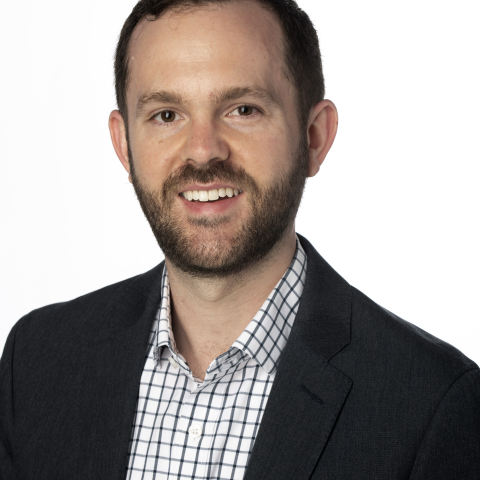
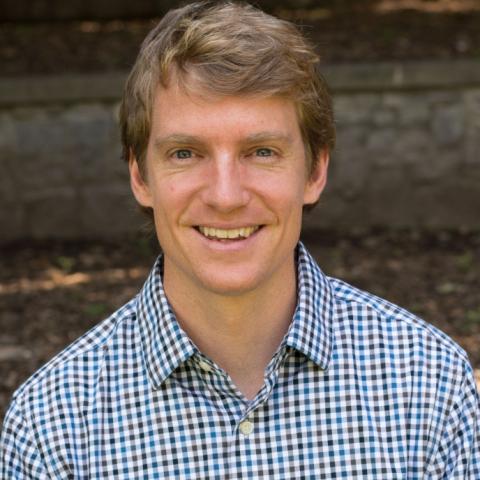
The research in our group bridges the gap between applied electronic structure theory and first-principles molecular simulation to enable predictive computational discovery of new materials and new chemistry. This research relies heavily on sophisticated high-performance and high-throughput computing paradigms, employing modern graphics processing unit (GPU) based computing. A primary focus is electrochemistry and electrochemical energy storage applications, and we seek to develop a fundamental understanding of how redox chemistry and other chemical and physical processes are modulated by strong electric fields. We are interested in chemical reaction mechanisms within highly ionic and heterogeneous environments, and are developing multi-scale modeling approaches to study chemical reactivity in the condensed phase. This method development includes novel QM/MM approaches and machine-learning reactive force fields, which are combined with enhanced sampling molecular dynamics/Monte Carlo techniques. Please see our research group website for more details!
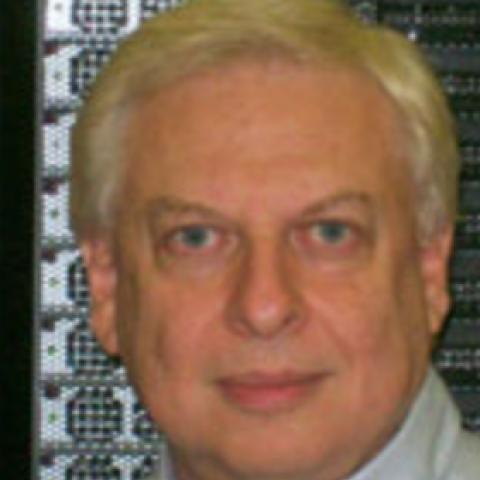
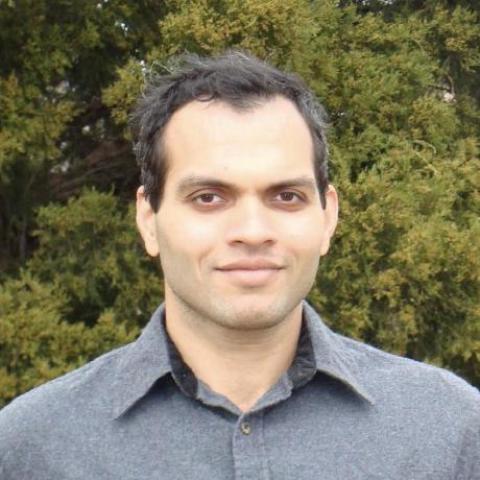
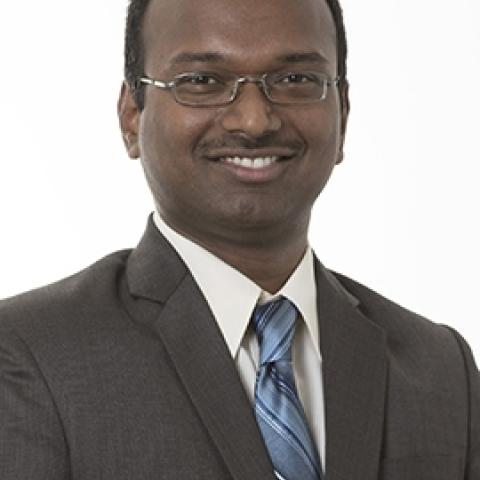
Siva is Fouts Family Early Career Professor and an Assistant Professor in the H. Milton Stewart School of Industrial & Systems Engineering at Georgia Tech.
Before joining Georgia Tech, he spent two years in the Stochastic Processes and Optimization group, which is part of the Mathematical Sciences Department at the IBM T. J. Watson Research Center. He received my Ph.D. in ECE from the University of Illinois at Urbana-Champaign in 2014 and was advised by Prof R. Srikant. Before that, he received an MS in ECE from UIUC, which was advised by Prof R. Srikant and Prof. Bruce Hajek. Maguluri also hold an MS in Applied Maths from UIUC. He obtained my B.Tech in Electrical Engineering from Indian Institute of Technology Madras.
Maguluri received the NSF CAREER award in 2021, 2017 Best Publication in Applied Probability Award from INFORMS Applied Probability Society, and the second prize in 2020 INFORMS JFIG best paper competition. Joint work with his students received the Stephen S. Lavenberg Best Student Paper Award at IFIP Performance 2021. As a recognition of his teaching efforts, Siva received the Student Recognition of Excellence in Teaching: Class of 1934 CIOS Award in 2020 for ISyE 6761 and the CTL/BP Junior Faculty Teaching Excellence Award, also in 2020, both presented by the Center for Teaching and Learning at Georgia Tech.
Reinforcement Learning Optimization Stochastic Processes Queueing Theory Revenue Optimization Cloud Computing Data Centers Communication Networks